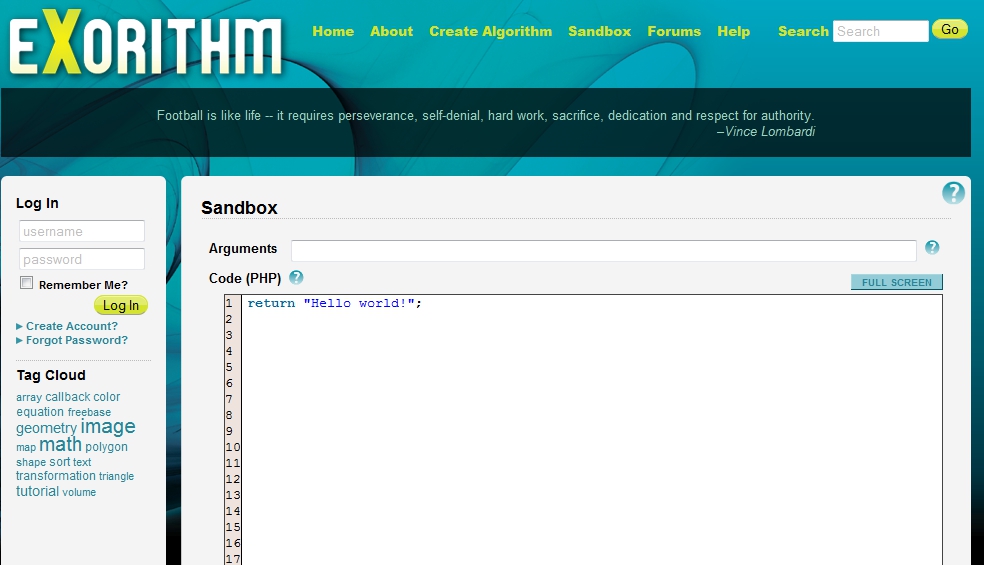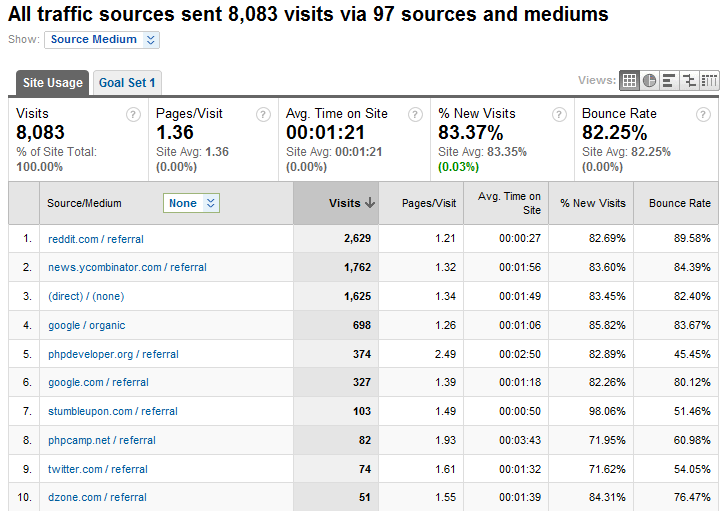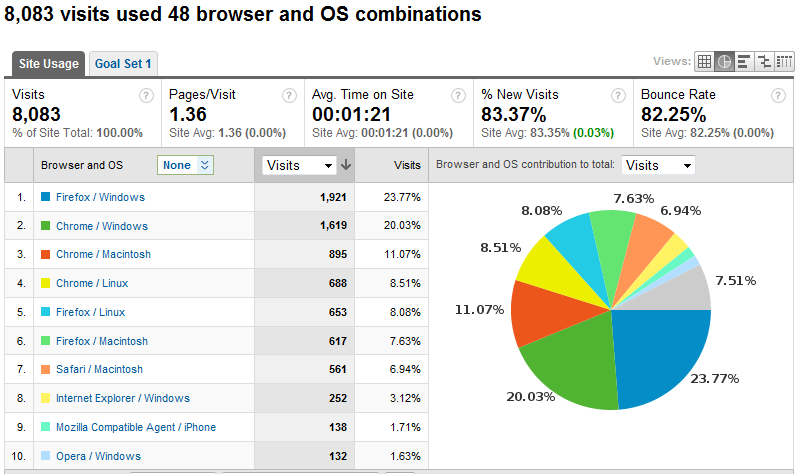I’m 24 (almost 25, but lets not go there). In my life I’ve accomplished many things, but with the exception of one, they aren’t very important. I’ve graduated high school, graduated college, got accepted to grad school, got married (the important thing), and created a start-up that failed. I have a good paying job (for the region), doing something I love (web development), at an amazing company with smart co-workers. But I still feel unfulfilled. It just isn’t enough.
Don’t take this the wrong way. I’ve done a lot of stuff. It’s not easy to graduate college. Getting accepted to grad school is hard too. But the thing is, none of these things stand out. Everyone graduates from college these days, and dropping out of grad school isn’t exactly a stand out thing either. I half-assed a start-up that was doomed to failure too. Out of all these things, I learned the most from that failure. I learned that without the right motivation and passion I will not make a good product. I also learned the most import lesson of all: It’s ok to fail.
So here I am now, happily married and decidedly middle class. The American dream right? Not for me. It’s not enough. I want to be passionate about the things I do again. Aside from my wife, nobody in my family seems to understand this. Maybe it’s because I come from a poor family. They feel that because I have a good paying job I should be happy. But the thing is, I’m not. Money just isn’t enough for me to be happy. I need to be intellectually challenged, passionate about what I’m working on, and excited. Now that I’m at this point in my life, I’ve realized that the ceiling is much higher than I ever thought possible.
Where does this lead me? For me, it means starting something that I can be passionate about. Be it a blessing or a curse, the Hacker News community has put the entreupanurial spirit in me, so I’m going to do another start-up (“Do or Do Not. There is no try.”). This time with a long time friend and an idea that seems extremely viable. But why should it be different this time? Maybe it won’t be, but it feels different this time. It’s like when you go for a run, and within the first 10 steps you can tell if it’s going to be a struggle every step of the way or smooth sailing. This feels like smooth sailing, so I’m hopeful. Most importantly though, I’m excited.
I wonder if this new start-up will be enough to satiate my thirst for knowledge, adventure, and success. I hope it is, but I feel that nothing will ever be enough. I’ll always aspire towards the next level. I’ll always work late into the night until my wife comes in and tells me to go to bed. I’ll never be fully satisfied, but maybe some day I’ll be just just satisfied enough to be happy.





